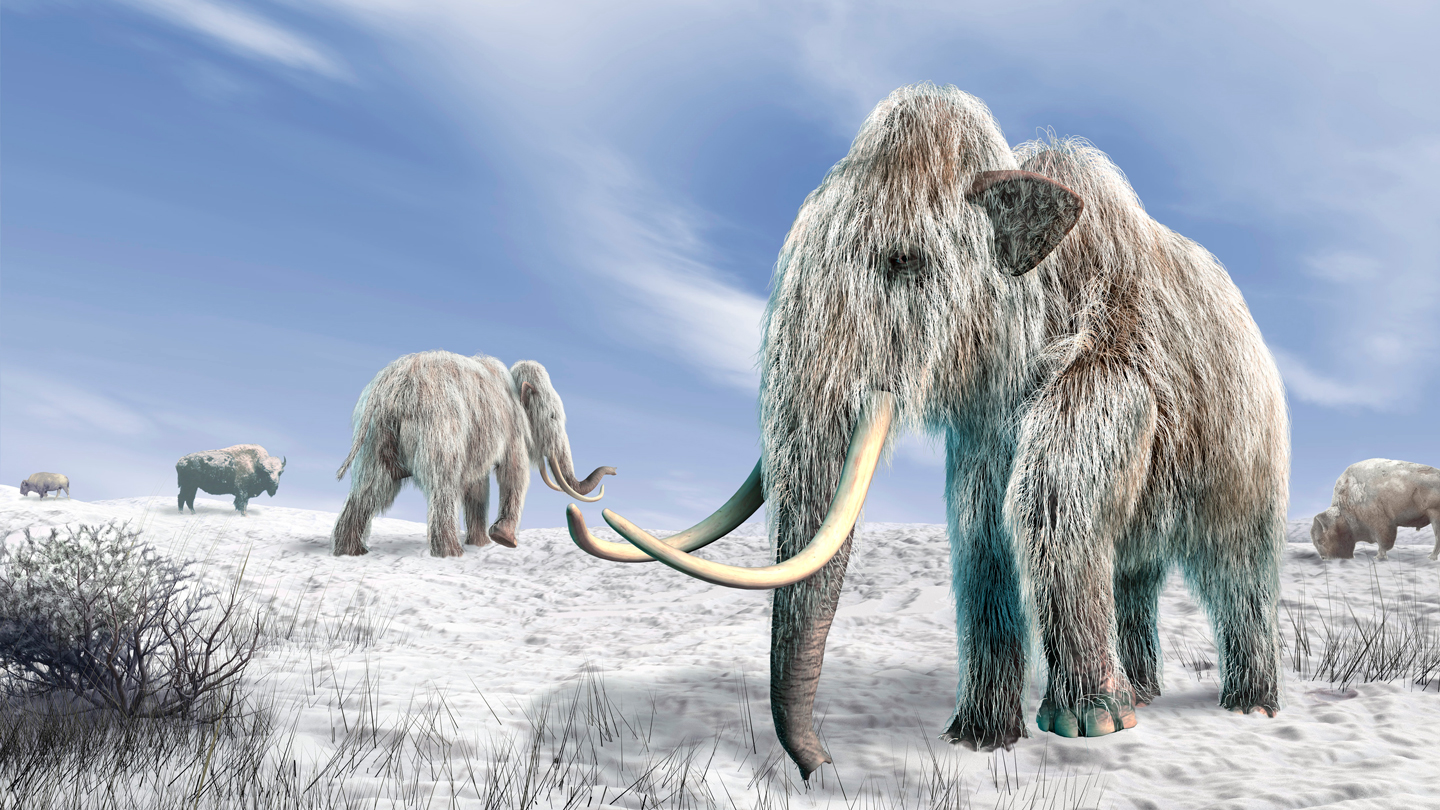A gel that has prevented almost all of 1 billion sperm getting past the cervix in sheep could become an alternative to hormonal birth control methods but without the side effects
Health
30 November 2022
Sperm could be stopped from reaching eggs by a vaginal gel Sebastian Kaulitzki/Alamy Stock Photo
A gel that is applied inside the vagina has been shown to block sperm injected into female sheep and may provide an alternative to hormonal contraceptives for people.
Hormone-based birth control methods, like the contraceptive pill and hormonal intrauterine devices (IUDs), are highly effective but can cause side effects, including mood changes, reduced sex drive, sore breasts, nausea and headaches.
Non-hormonal methods like condoms, diaphragms and fertility tracking apps don’t have these side effects but tend to be less reliable at preventing pregnancies.
Now, Ulrike Schimpf at KTH Royal Institute of Technology in Sweden and her colleagues have developed a hormone-free vaginal gel that may work as well as hormonal contraceptives but without the side effects.
The gel contains chitosan, a biopolymer that is derived from fungus or crab shells. The chitosan forms cross-links with proteins that are secreted in cervical mucus. This thickens the mucus so that it blocks sperm from getting past the cervix and into the fallopian tubes, where egg fertilisation occurs.
The researchers used a syringe applicator to insert the gel towards the backs of the vaginas of sheep, which are similar to those in humans. An hour later, they artificially inseminated each of the eight sheep tested with 1 billion sperm.
The gel was found to spread throughout the vagina and into the entrance of the cervix. It formed an effective barrier, with sperm managing to get past the cervix of only one of the sheep in the study, and in that case it was just two of the 1 billion swimmers.
Unlike chemical spermicides, which are another form of non-hormonal birth control, the chitosan gel didn’t cause inflammation of the vaginal walls, which may make it less irritating to use.
Schimpf and her colleagues are planning more studies in sheep to test whether the barrier created by the gel stays intact during sexual intercourse and prevents pregnancies.
Trials in people would also be needed to determine how long before sex the gel should be inserted into the vagina and how long any protection would last.
Journal reference: Science Translational Medicine, DOI: 10.1126/scitranslmed.abm2417
Sign up to our free Health Check newsletter that gives you the health, diet and fitness news you can trust, every Saturday
More on these topics:














